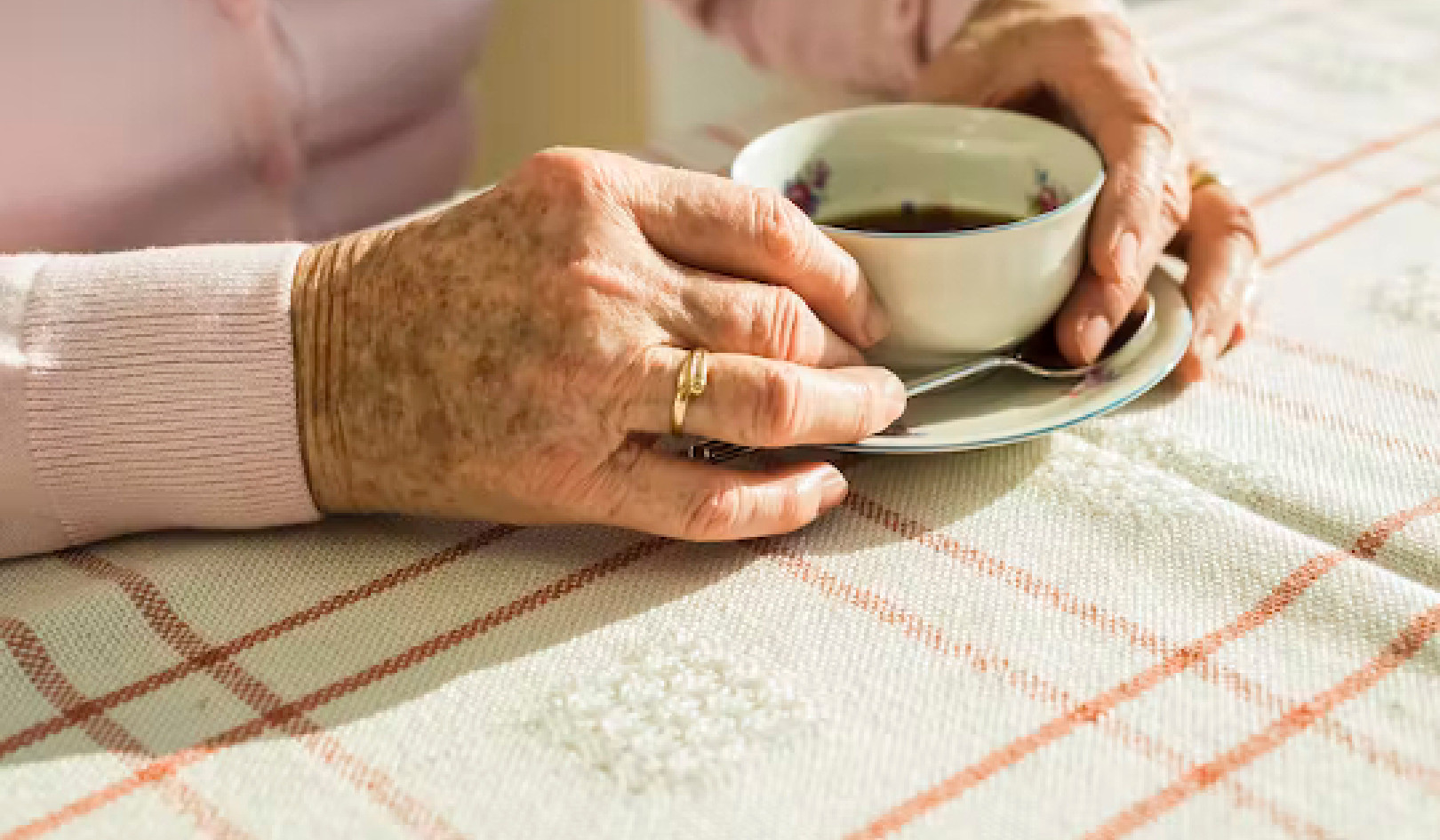 Satisfaction with your home can depend on its size compared to the homes of your neighbors, according to new research.
Satisfaction with your home can depend on its size compared to the homes of your neighbors, according to new research.
Daniel Kuhlmann, assistant professor of community and regional planning at Iowa State University, found that people are more likely to be dissatisfied with their house if it is smaller than their neighbors’.
This study provides evidence that people care not only about their house’s features, but their relative position: how their house compares in size to those of their immediate neighbors.
Keeping up with the neighbors
“Although we may not realize it, our housing decisions may affect our neighbors’ actions,” Kuhlmann says. “Because housing consumption produces these types of externalities, by building a large house we could unwittingly push our neighbors to spend more money to buy larger homes to catch up.”
Kuhlmann says this is one possible explanation for the steady increase in the size of single-family houses in the US over the last 50 years.
“As suburbs become more developed and go through new homebuilding, that can waterfall,” he says. “The next person who builds a house would have been totally fine with a 10-room house—but now they think they need a 12-room house to be considered in good standing. Large houses tend to beget larger houses.”
More than size?
For this study, Kuhlmann analyzed data from the US Census’ 1993 National American Housing Survey, which included a special neighborhood sample of more than 1,000 homes and their 10 nearest neighbors to assess satisfaction. Most housing data tend to focus on either housing units or people, not both. This section of the 1993 survey is rare in that sense, and it’s something that likely won’t be replicated, Kuhlmann says, due to increased efforts to avoid identification of survey respondents.
Kuhlmann’s model shows that those living in the smallest house in their neighborhood are on average 5% more likely to report that they are dissatisfied with their unit than are those living in the largest house.
“The reason I look at size as opposed to other housing characteristics is that size is easy to measure and compare,” he says. “If size matters, there are probably a lot of other housing characteristics that matter, too, such as the age of housing stock or an architecturally outdated home—but it’s harder to quantify those differences.”
Kuhlmann says these results can help scholars and policymakers who want to understand and find solutions to neighborhood-level opposition to new development. A common concern among development opponents is that new housing will alter their neighborhood character, but Kuhlmann’s study suggests “that community concerns about neighborhood character may belie more tangible fears about how development will affect their perceptions of their own homes,” he writes in the paper.
This study identifies possibilities for future research: whether these positional housing concerns cause people to move, and how people’s frame of reference changes when comparing a new home to their current one.
The study appears in Housing Studies.
Source: Iowa State University

Related Books:
Atomic Habits: An Easy & Proven Way to Build Good Habits & Break Bad Ones
by James Clear
Atomic Habits provides practical advice for developing good habits and breaking bad ones, based on scientific research on behavior change.
Click for more info or to order
The Four Tendencies: The Indispensable Personality Profiles That Reveal How to Make Your Life Better (and Other People's Lives Better, Too)
by Gretchen Rubin
The Four Tendencies identifies four personality types and explains how understanding your own tendencies can help you improve your relationships, work habits, and overall happiness.
Click for more info or to order
Think Again: The Power of Knowing What You Don't Know
by Adam Grant
Think Again explores how people can change their minds and attitudes, and offers strategies for improving critical thinking and decision making.
Click for more info or to order
The Body Keeps the Score: Brain, Mind, and Body in the Healing of Trauma
by Bessel van der Kolk
The Body Keeps the Score discusses the connection between trauma and physical health, and offers insights into how trauma can be treated and healed.
Click for more info or to order
The Psychology of Money: Timeless lessons on wealth, greed, and happiness
by Morgan Housel
The Psychology of Money examines the ways in which our attitudes and behaviors around money can shape our financial success and overall well-being.






















